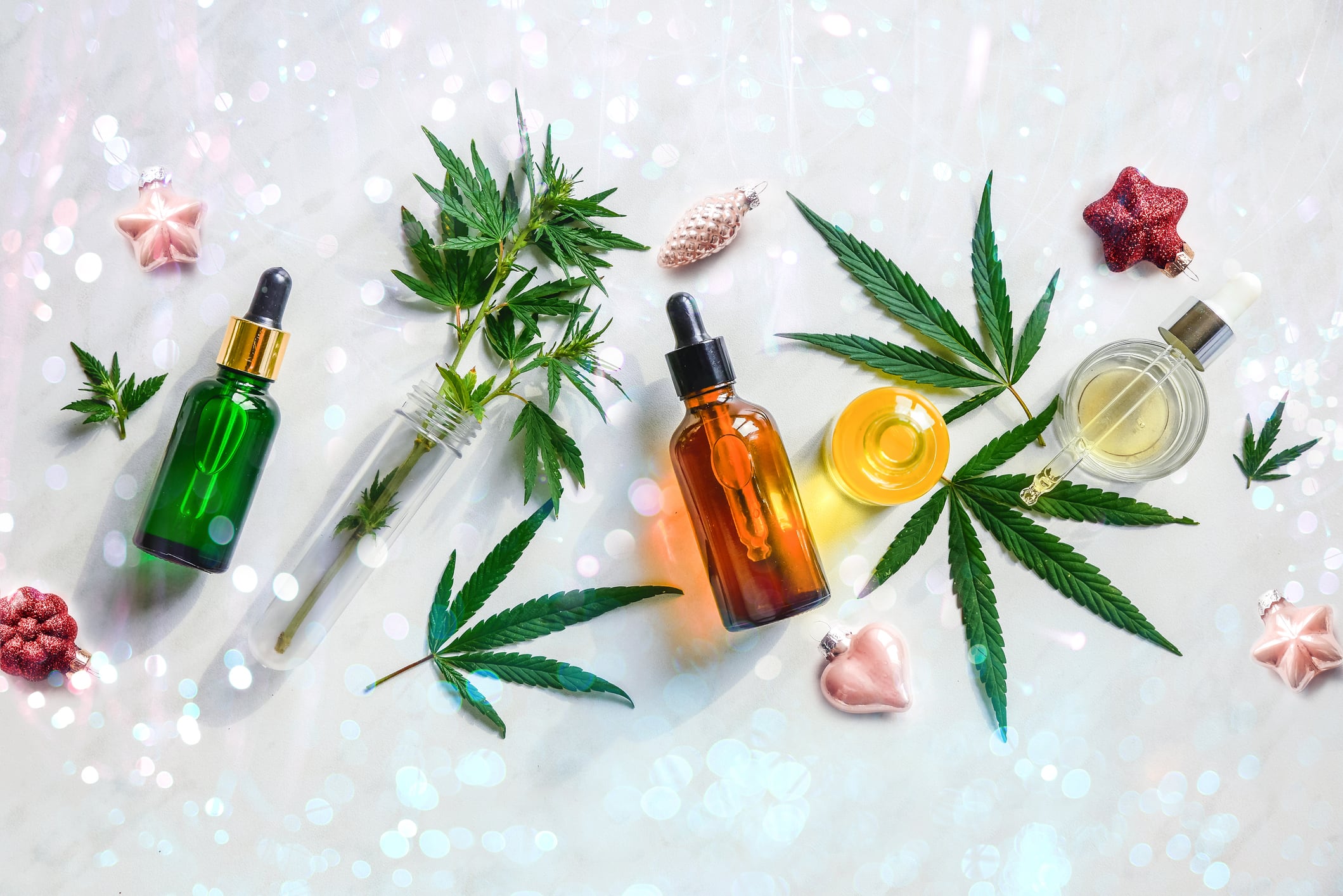The researchers say the deviations reinforce concerns surrounding CBD products within the UK, "whereby CBD consumers may consistently fail to achieve their desired CBD dose".
Consumer demand for CBD has grown rapidly due to the growing perception that it may help manage specific medical conditions as well as improve general health and wellbeing.
Numerous types of CBD-containing products are now available, including oil- or aqueous-based tinctures, e-liquids, drinks, edibles, and topical creams/gels.
However, previous analyses of CBD-containing products have raised concerns regarding their quality, with discrepancies between advertised and actual CBD content, and contamination with other, illicit cannabinoids (Grafinger et al. 2020; Gurley et al. 2020; Poklis et al. 2019; Liebling et al. 2020; Bonn-Miller et al. 2017; Pavlovic et al. 2018; Mazzetti et al. 2020).
However, there is limited information regarding the extent to which various types of CBD products deviate from their advertised CBD content, which would have important implications for informing consumer choices.
Therefore, the present study assessed CBD concentrations in a broader range of products than has previously been examined within the UK, including oil- and aqueous-based tinctures, e-liquids and drinks.
The study
A total of 53 products (13 aqueous tinctures, 29 oils, 10 e-liquids and 11 drinks) from 40 different brands were purchased online in the UK. CBD concentrations were quantified in aqueous tinctures, oils and e-liquids via high performance liquid chromatography (HPLC), and in drinks via gas chromatograhy-mass spectrometry (GC-MS).
Only five of the 63 products (8%) had measured concentrations within 10% of advertised concentrations and they were all oils. All other products fell more than 10% below advertised, except for one oil that was 50% greater than advertised.
Measured concentrations fell below advertised concentrations for aqueous tinctures (−25.7 ± 17.3), oils (−6.1 ± 7.8), e-liquids (−6.9 ± 4.6) and drinks (− 0.03 ± 0.06 mg/mL), respectively (medians ± interquartile ranges; p < .05).
Oils deviated least, followed by e-liquids, followed by aqueous tinctures and drinks.
The proportion of products measured within 10% of advertised concentration (8%) is lower than found in previous analyses, in which ~ 10–40% of products have met this target, including 38% in a UK-based analysis of 29 oils (Liebling et al. 2020).
The greater deviation from advertised concentrations in this study is likely due to the inclusion of e-liquids, aqueous tinctures and drinks, which have rarely or never been included in previous analyses.
Systematic differences in analytical techniques may also contribute to some minor variation in results. Nevertheless, available evidence consistently suggests that only a minority of products contain CBD concentrations within acceptable limits of what is advertised.
It is unclear whether deviations from advertised CBD concentrations are due to discrepancy at the point of manufacture, or degradation afterwards.
According to Mazzetti et al. 2020, CBD in e-liquids can degrade 15–20% over 30 days when exposed to natural light or constant 37°C, temperature suggesting that degradation may contribute to the discrepancies observed.
Furthermore, variable rates of degradation in different solutions could potentially contribute to the differences observed between product types.
The lesser discrepancies observed in oils versus brand-matched e-liquids and aqueous tinctures indicate that this may be the case, as manufacturing standards would likely be comparable between products of the same seller, the authors suggest.
The report states: "The tendency for greater discrepancies in aqueous products may suggest that CBD is more unstable when dissolved in water than in oils or substances such as propylene glycol, while the acidic pH of drinks may have exacerbated degradation in those products (Yangsud et al. 2021)."
The authors suggest future research may seek to determine rates of CBD degradation in consumer products, and within-product variability in labelling accuracy. Furthermore, they suggest CBD used in research investigating its psychological or physiological affects should be analysed to confirm that CBD concentrations are appropriate.
Source: Journal of Cannabis Research
doi: 10.1186/s42238-023-00183-y
"A comparison of advertised versus actual cannabidiol (CBD) content of oils, aqueous tinctures, e-liquids and drinks purchased in the UK"
Authors: Johnson DA, Hogan M, Marriot R, Heaney LM, Bailey SJ, Clifford T, James LJ.


